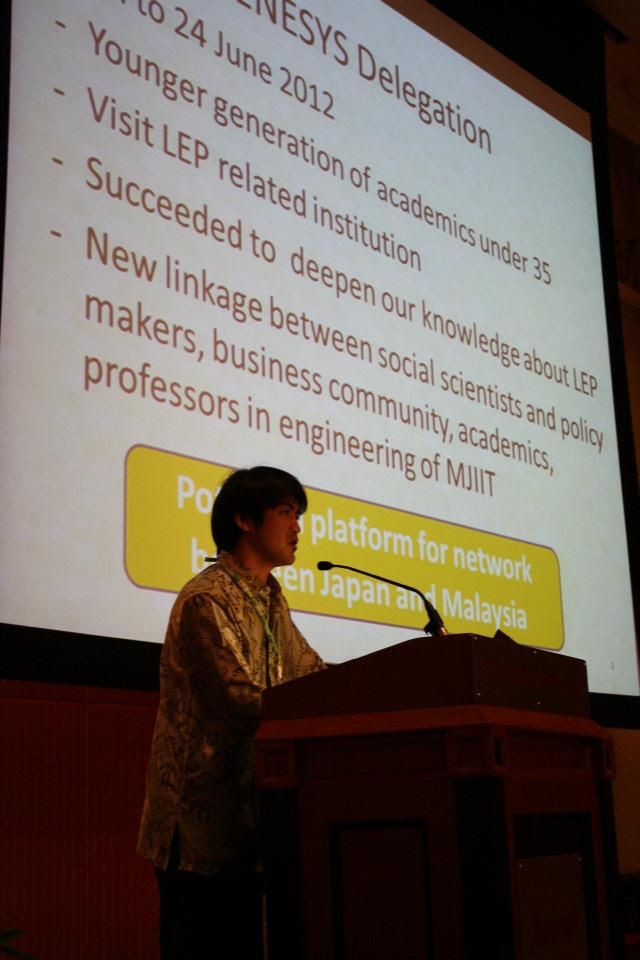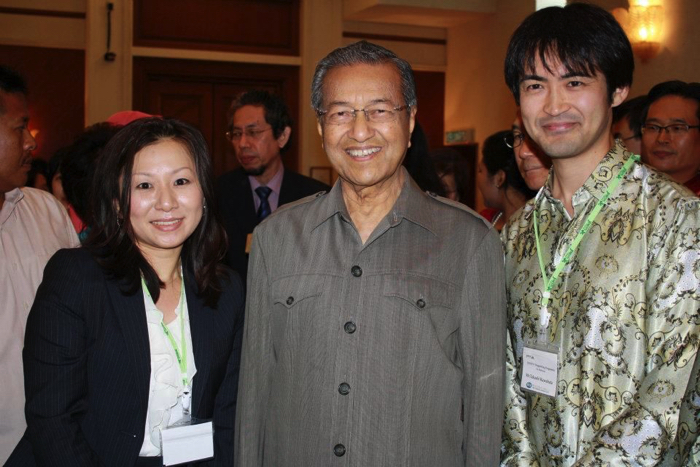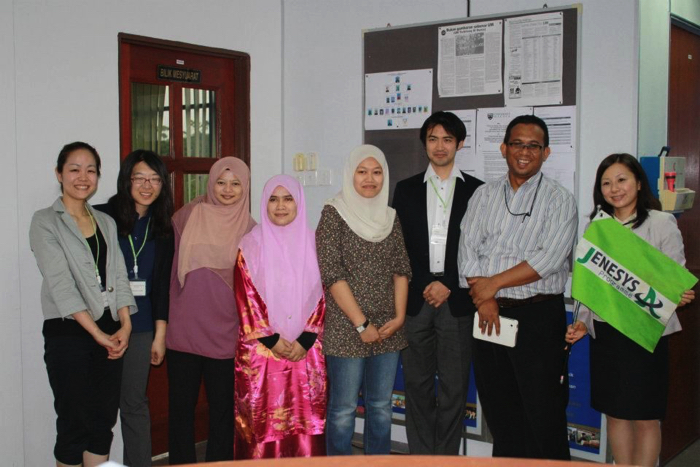- Project Leader : Kaneko Yoshiki (Faculty of Foreign Languages, Dokkyo University)
- Collaborators : Anazawa Makoto (Department of Commerce, Otaru University of Commerce)
- : Ishikawa Noboru (Center for Southeast Asian Studies, Kyoto University)
- : Kuroda Keiko (Faculty of Law, Economics & Humanities, Kagoshima University)
- : Tamura Keiko (Faculty of Foreign Studies, University of Kitakyushu)
- : Tawada Hiroshi (GS. of Literature and Human Sciences, Osaka City University)
- : Tomizawa Hisao (Faculty of International Relations, University of Shizuoka)
- : Masutani Satoshi (College of Tourism, Rikkyo University)
- : Yoshimura Mako (Faculty of Social Science, Hosei University)
- : Abdul Rahman Embong (Malaysian Social Science Association)
- : Kawabata Takashi (Research Institute for Languages and Cultures of Asia and Africa, Tokyo University of Foreign Studies)
- : Shiozaki Yuki (School of Theology, Doshisha University)
- : Suzuki Ayame (International College of Arts and Sciences, Fukuoka Women’s University)
- : Ono Mayumi (Faculty of International Research and Education Institute of Asia-Pacific Studies, Waseda University)
Outline of Research
This research aims to clarify the impact of industry, government and academic networks in East Asia through the international exchange of education and research such as studying abroad, sending and inviting scholars, and hosting international conferences. For this purpose, we will examine the Malaysian Look East Policy, a 30-year-long policy initiated in 198 2 to send its students to Japan in order to learn group mentality and labor ethics as the secret of economic success in Japan and Korea.
Description
The Look East Policy was introduced by the Malaysian government in 1982 to learn the social value of Northeast Asia, such as group mentality and labor ethics, for the economic development of Malaysia. 13,000 Malaysian students and industry trainees have been dispatched to Japan to study not only academics but also to obtain technical know-how.
In this collaborative research, we examine the impact of the 30-year-long policy on the industry, government and academic networks in East Asia including Japan, Malaysia and other Southeast Asian countries. We will also focus on the policy’s implication and its change, as well as the Malaysian domestic and international background which has helped sustain the policy over a long period.
Through analyzing the Look East Policy, we will empirically discuss the social impact of the international exchange of education and research. Furthermore, conducting this research itself will promote the exchange of education and research between Japan and Malaysia, and will also encourage researchers to discuss how to make policy proposals to target countries of their research. In addition, because of the diversity of the project members’ research disciplines—political science, economics, cultural anthropology, sociology, etc.—, we expect a multilevel evaluation of the Look East Policy.



